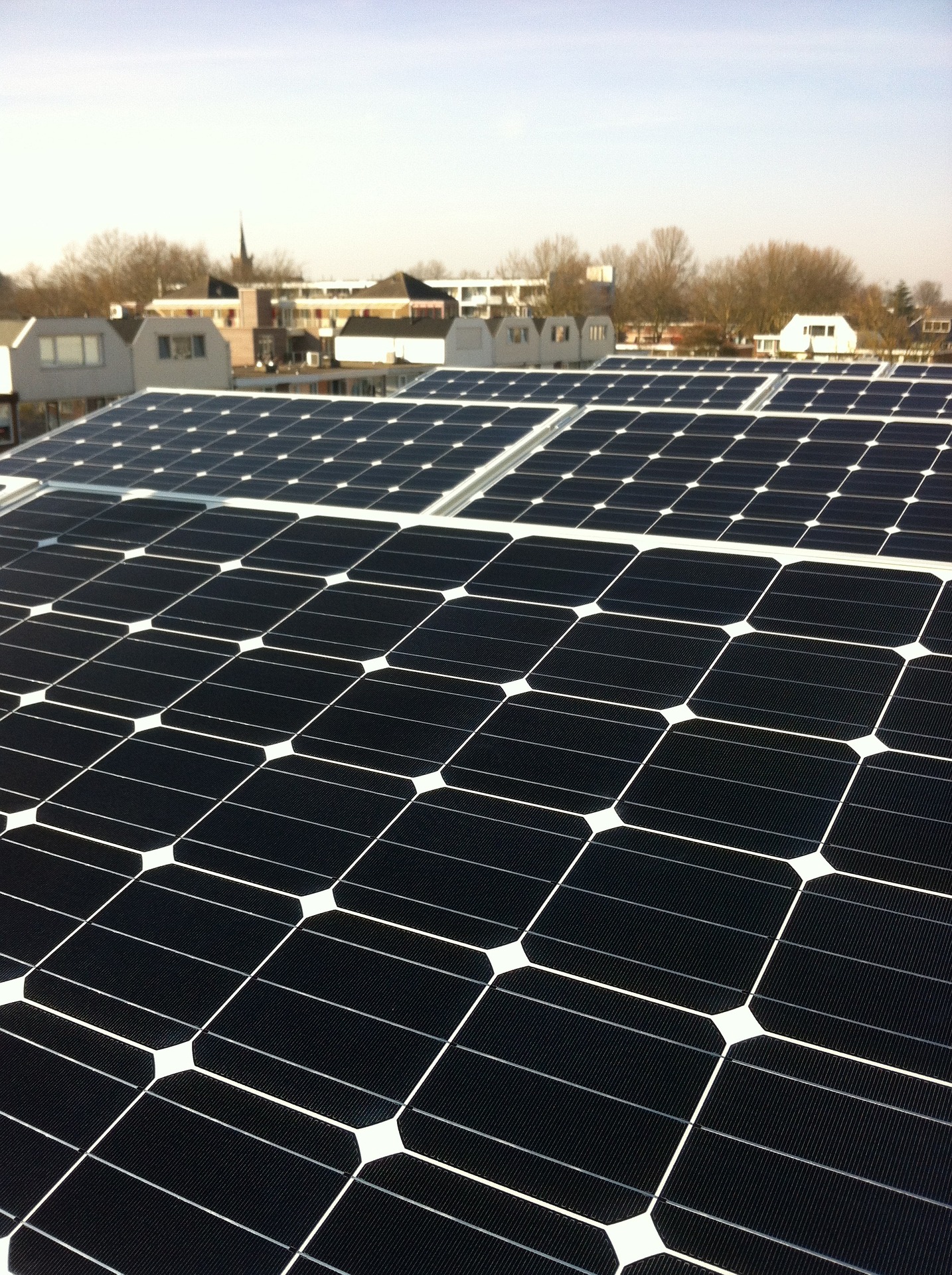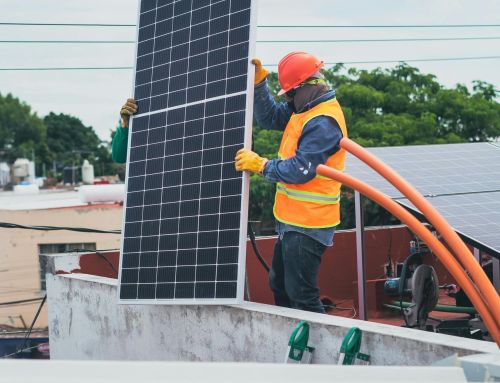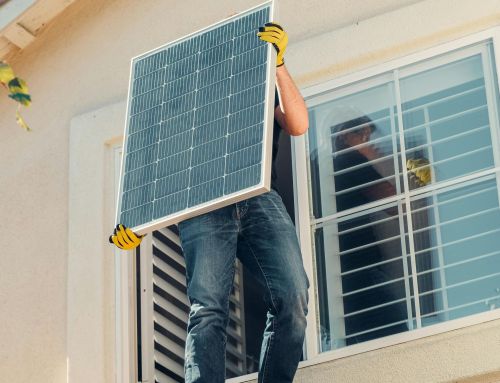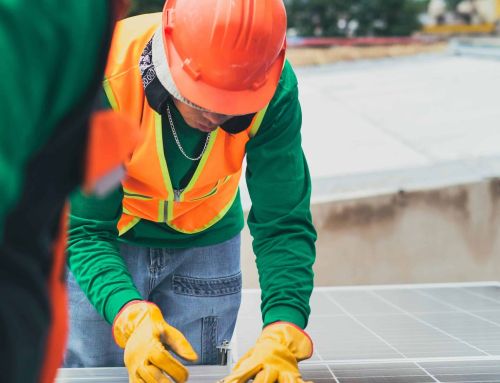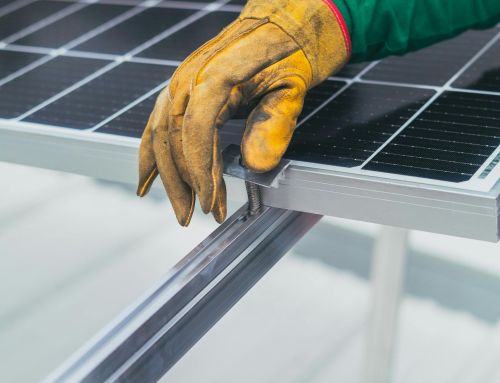Let’s face it, running a business these days requires juggling a lot of things – keeping customers happy, managing staff, and of course, keeping those pesky energy bills under control.
But what if there was a way to utilise solar energy and slash your electricity costs? Enter the world of commercial solar panels!
Now, you might be thinking, “Solar panels sound great, but are they really worth the investment?” That’s a fantastic question, and one we’ll explore in this article.
We’ll go deep into the average ROI (Return on Investment) of commercial solar panels, helping you understand if this clean energy solution is right for your business.
Breaking Down the ROI Buzz
So, what exactly is ROI? Think of it as a way to measure the profitability of an investment. In simpler terms, it tells you how much money you’ll get back for every dollar you invest.
When it comes to solar panels, the ROI translates to the amount of money you save on your electricity bills compared to the initial cost of installing the panels.
Unveiling the Numbers: The Average ROI of Commercial Solar Panels
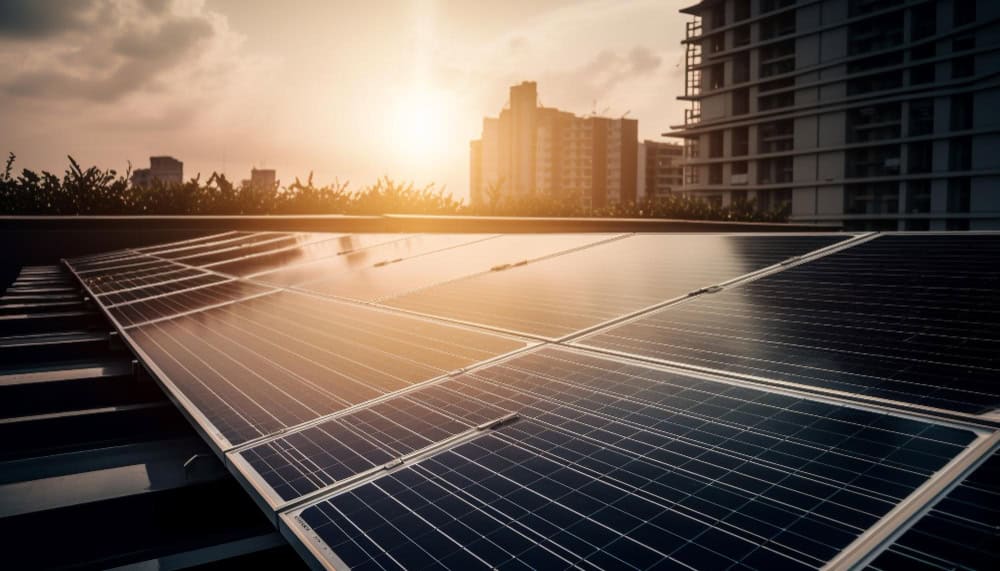
Here’s the good news: Commercial solar panels boast a pretty impressive ROI. Studies and industry reports suggest the average ROI for commercial solar panels can range from 13% to 20%.
This means that for every dollar you invest in a solar panel system, you can expect to see a return of 13 to 20 cents on your electricity bill over a period of time.
Remember: These are just averages, and the actual ROI for your business can vary depending on several factors. We’ll explore these factors a little later in the article.
Beyond the Averages: Factors Affecting Solar Panel ROI
While the average ROI for commercial solar panels is promising, it’s important to understand the factors that can influence your specific return:
Energy Consumption
Businesses with high energy consumption will see a greater financial benefit from solar panels. The more electricity your business uses, the more you stand to save with solar power.
For example, a manufacturing facility with large industrial machinery or a commercial building with extensive lighting will see a more significant return on investment from solar panels compared to a small office with minimal energy usage.
Electricity Rates
Locations with high electricity rates provide a faster payback period and a higher ROI for solar panel investments. Think of it like paying a premium for electricity.
If your business is located in an area with high energy costs, the savings from solar panels can be substantial. Conversely, in areas with lower electricity rates, the payback period may be longer.
Solar Panel System Size
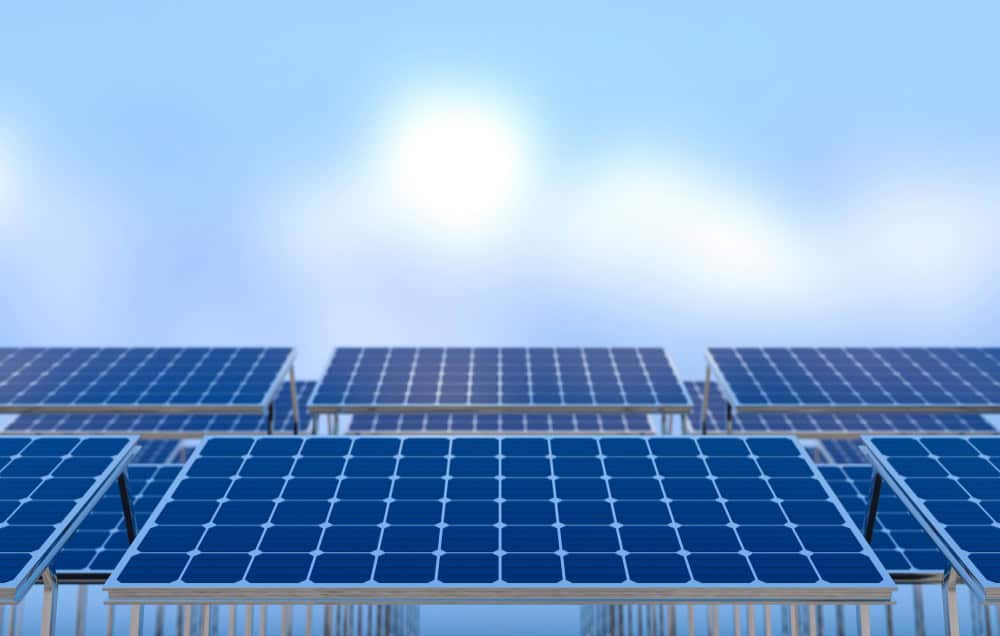
The size of your solar panel system directly impacts your ROI. A larger system generates more electricity, leading to higher savings but also a higher upfront cost. It’s important to carefully consider your business’s energy needs and budget when determining the optimal system size.
Government Incentives
Many countries and regions offer financial incentives to encourage businesses to adopt solar energy. These incentives can significantly reduce the upfront cost of installing solar panels and improve your ROI. Common incentives include:
- Tax Credits: Tax credits can reduce your taxable income by a certain percentage of the cost of your solar panel system.
- Rebates: Rebates are cash payments that can directly reduce the upfront cost of your solar panel installation.
- Feed-in Tariffs: Feed-in tariffs allow you to sell excess electricity generated by your solar panels back to the grid at a premium rate.
By taking advantage of government incentives, you can accelerate the payback period for your solar panel investment and enhance its overall profitability.
The Solar Panel Payback Period: How Long Until I See Savings?
Another important consideration is the solar panel payback period. This refers to the amount of time it takes for the cost savings from your solar panels to offset the initial investment.
The good news is, with a good ROI, the payback period for commercial solar panels can be quite attractive. Studies suggest it can range from 5 to 10 years, depending on the factors mentioned above.
Here’s an analogy: Imagine buying a new coffee machine that saves you $5 a week on your coffee habit. If the coffee machine costs $100, it would take 20 weeks for the savings to cover the initial cost.
In the world of solar panels, the coffee machine is your solar panel system, and the weekly savings are your reduced electricity bills. The payback period reflects how long it takes for the “free coffee” from your solar panels to cover the initial cost of the system.
Remember: A shorter payback period indicates a faster return on investment, making solar panels even more appealing.
Beyond the Money: The Hidden Benefits of Solar Power

While the financial benefits of commercial solar panels are impressive, the advantages extend beyond just saving money:
- Environmentally Friendly: Solar energy is a clean and renewable resource, helping your business reduce its carbon footprint and contribute to a sustainable future.
- Increased Property Value: Buildings with solar panels can be more attractive to tenants and potential buyers, potentially increasing your property value.
- Energy Independence: By generating your own electricity, you become less reliant on fluctuating grid prices and ensure more stable energy costs.
These additional benefits add value to your solar panel investment and enhance the overall ROI for your business.
Making the Solar Switch: A Decision for Your Business Future
So, is commercial solar right for your business? The answer depends on your specific circumstances. But with a promising average ROI, a relatively quick payback period, and additional environmental and business benefits, solar panels are becoming an increasingly attractive option for many businesses.
If you’re considering solar panels for your business, here are some steps to take:
- Assess Your Energy Consumption: Determine your business’s average monthly electricity usage. This will help you estimate the size of the solar panel system you’ll need.
- Evaluate Your Roof: Assess the suitability of your roof for solar panel installation. Factors to consider include the roof’s orientation, pitch, and any obstructions that might shade the panels.
- Consult with a Solar Installer: Contact a reputable solar panel installer in your area. They can assess your business’s energy needs, evaluate your roof, and provide a personalised quote.
- Explore Financial Incentives: Research any available government incentives or rebates that can help offset the upfront cost of solar panels.
- Consider Financing Options: If the initial investment is a concern, explore financing options such as solar loans or leases.
Final Word
By following these steps and working with a trusted solar installer, you can make an informed decision about whether commercial solar panels are a good investment for your business.
Remember, the future of energy is bright, and solar power is leading the way. By investing in commercial solar panels, you can reduce your reliance on traditional energy sources, save money on your electricity bills, and contribute to a cleaner and more sustainable future.
Prolectrix is here to help you leverage solar energy for your business. Our team of experts can provide you with a personalized assessment and guide you through the process of installing solar panels. Contact us today to learn more about how solar power can benefit your business.

